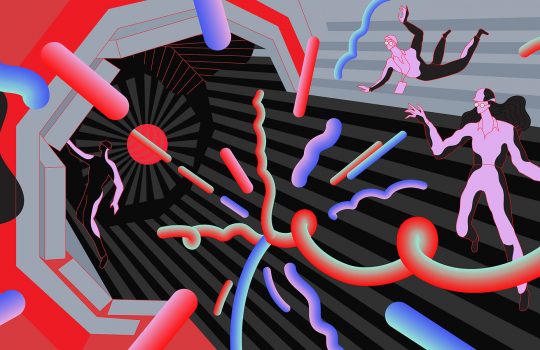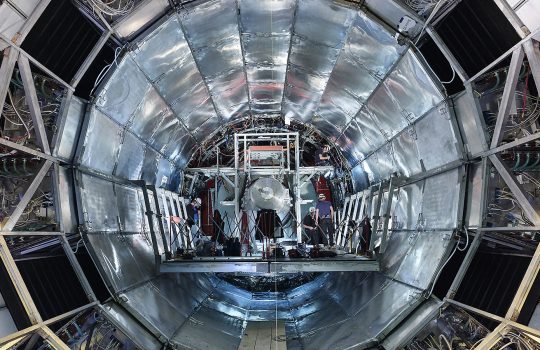Astronomers find 139 new minor planets in the outer solar system
From Astronomy, March 31, 2020: Astronomers have discovered 139 new minor planets orbiting the Sun beyond Neptune by searching through data from the Dark Energy Survey, which is led by Fermilab. The new method for spotting small worlds is expected to reveal many thousands of distant objects in coming years — meaning these first hundred or so are likely just the tip of the iceberg.


